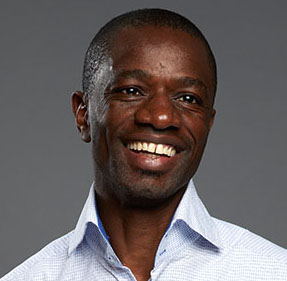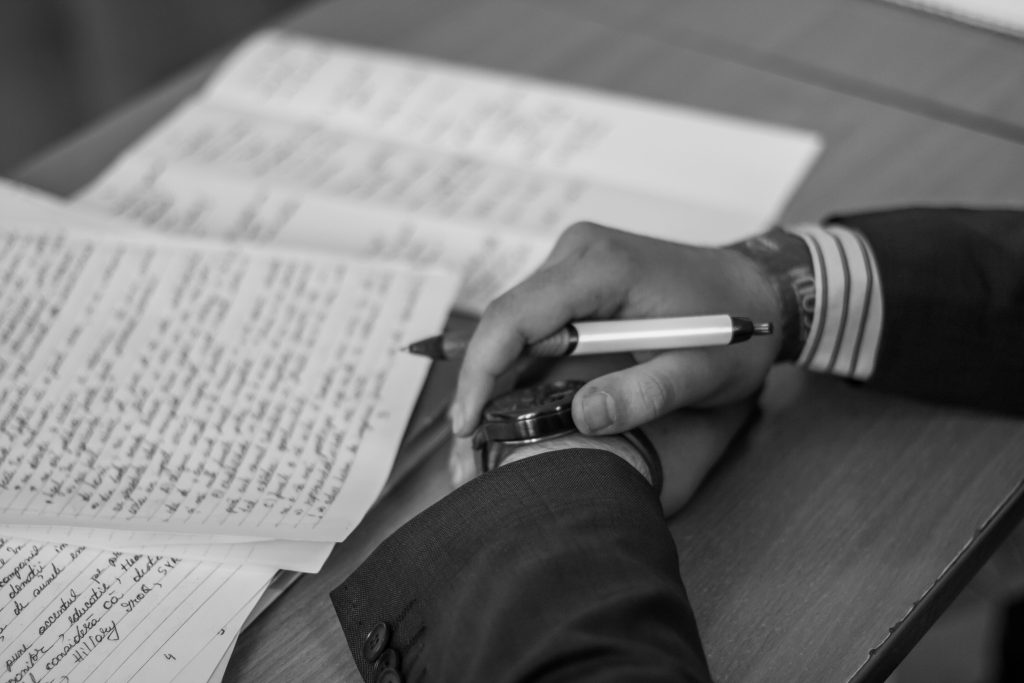Steve Mvalo has successfully completed his Doctorate in Education (EdD) recently. EdD is a part-time programme designed to offer research training for professionals employed in a broad range of areas related to education. Steve’s thesis focused on the use of simulation software to develop computational thinking of Computer Networks students. His supervisors were Dr. Natthapoj Vincent Trakulphadetkrai and Dr. Yota Dimitriadi. In this blog post, Steve offers some peer-to-peer advice for current EdD doctoral students on time management.

Context
I opted for the EdD route because I had a full-time job as well as family commitments. I had always been very determined to complete my EdD in a timely manner (i.e. within four years) to allow me to then focus on my family and job. I had some challenges, such as change of my research area, which is normal for doctorate studies, change of new job that had complex responsibilities, relocation from Essex to Sheffield. Nonetheless, none of these challenges changed my initial plan and priority to successfully complete my EdD in a timely manner.
Time managements tips

Reading and writing
Read extensively and write a lot. The tendency is that most people read a lot but write very little. However, I found out that writing up as I read was very helpful in two ways. First, it helped me to retain what I was reading since it was fresh in my memory. Additionally, I was “killing two birds with one stone”, that is reading and writing up at the same time as a way of reducing wasted time. This approach made me become more focused and more efficient in how I spent my time. Furthermore, when reading up, I had a list of specific things I was interested in. For instance, I was interested in the relevance of what I was reading against my own research, the value of the research I was reading that would add to my study, the authenticity and credibility of the scholars whose work I was reading, how recent was the construct/idea I was reading about, and their adopted methods, etc. All these foci helped me not to be trapped in the “wilderness” of endless reading of literature.
Discipline and consistence
They say, “failing to plan is planning to fail”. To achieve my goal, I made sure that I was disciplined and consistent in what I had planned. I made sure that the deadlines that I had agreed with my supervisors were maintained and achieved. If I was working on my research work that needed more time than anticipated, due to extra duties at work, I would immediately inform my supervisors. However, this only happened once or twice that I had to reschedule my deadlines with my supervisors. I hated to miss the deadlines, because I knew that missing one deadline would affect other tasks that I had lined up. It was under this circumstance that I found myself working in the evenings and weekends to catch-up to ensure that I did not miss any scheduled writing deadlines. These working hours are something that EdD students are well familiar with.

Remember to relax and decide when you are most productive
I planned the time to relax and the time to do my research work. Generally, I work very well in the night therefore I timetabled my research work in the night when my brain tends to be more active. As a word of advice, consider doing a lot of your research work at the time your brain is more active. For instance, other people work better in the morning, others during day time while some like me in the night. I often noticed that during the time of relaxation that’s when more ideas popped-in. In many occasions, I found myself jotting down ideas during the time of my relaxation than when am busy working on my research. During my relaxing periods, I would go out for shopping with my family, play a lot with my kids, visit friends, watch Tv and go to church.
Attend conferences
I found it beneficial to publish part of my EdD work as a conference paper while I was working on my EdD. It helped to boost my morale and certainly gave me confidence that I was going in the right direction. The paper was accepted at an international conference and I was invited to present my work. It was a great opportunity to interact with other researchers from different countries with different expertise. It was also an opportunity to reflect upon my own research work. It further gave me extra morale to work hard, knowing that part of my research work had been accepted at an international conference. Well, if you cannot produce work for a conference, I would still urge you to attend conferences where you will be able to meet up with experts in your research area. Additionally, it is a good opportunity to network with other researchers, so that you know what they are doing and what the current debate in your research area is.
Final words …
During the four years of me working on my EdD, I hardly had free time. It was either I was working on my EdD or my full-time job or taking care of my family. However, what got me going was my “I can do” attitude and that inspired me a lot. I successfully completed my EdD with very minor corrections which I cleared out in a week. Doing an EdD whilst also have a full-time job and family commitments can be tough, but if you are determined to succeed and self-disciplined in relation to your time and deadlines, you will be able to do it too!
